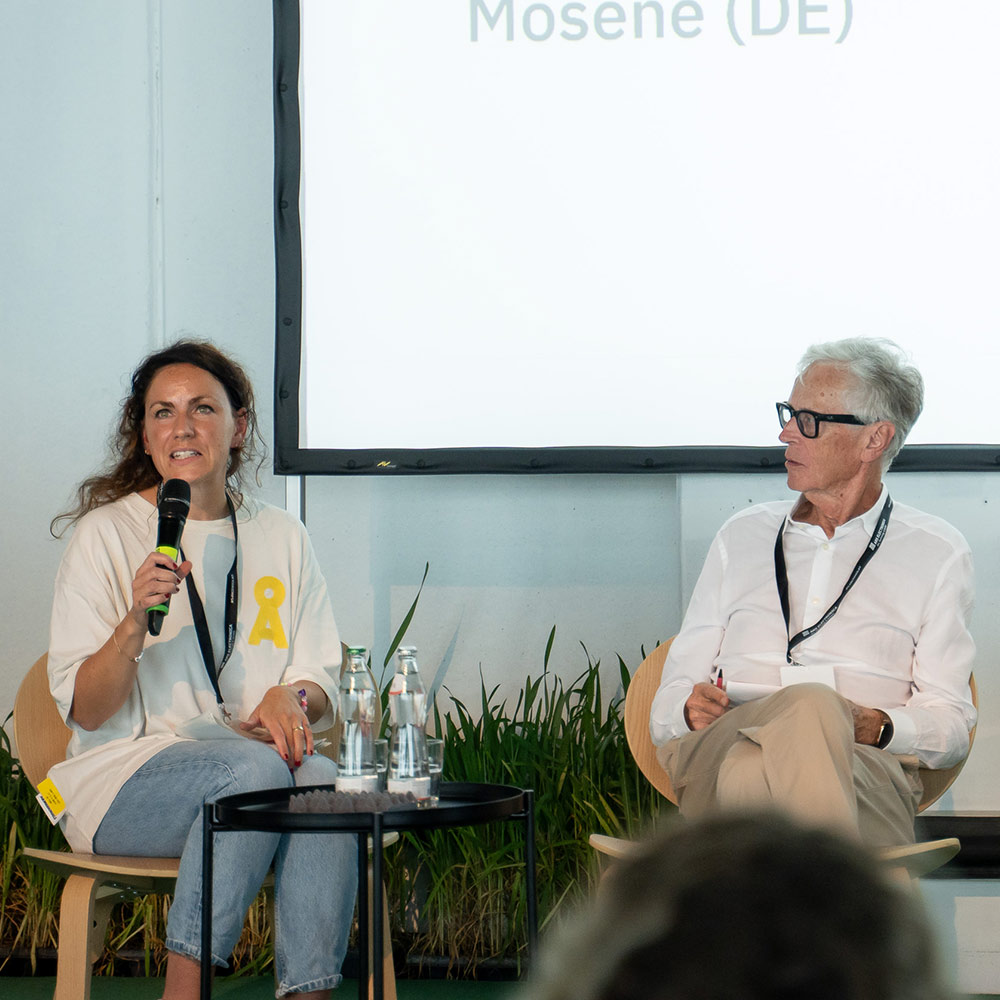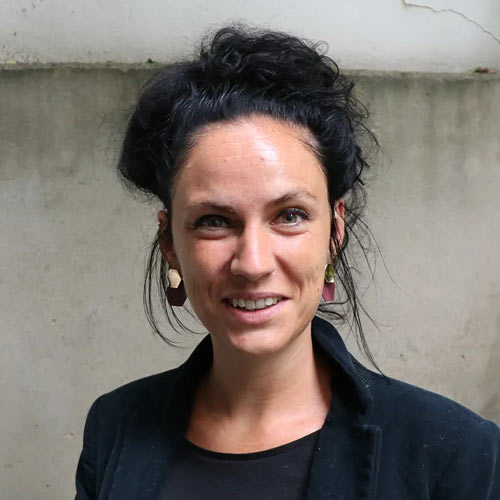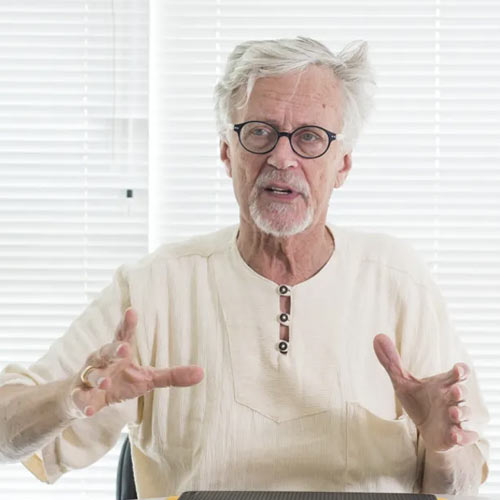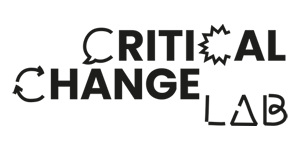14:10–14:25: Keynote by Derrick de Kerckhove
The digital transformation runs deeper than an issue of skills. It is challenging both subjecthood and democracy because it is cutting their common roots in literacy. We are going through an epistemological crisis without realizing it. Two different cultural operating systems are competing, one based on language and letters, the other on patterns and algorithms. The main supports of identity and personal agency were steeped in language and literacy. But generative AI is taking control of both. Digitization is undermining every institution created by literacy. Democracy is only one among its many victims.
As our cognitive faculties, including reasoning, are being delegated to machines; people, quite literally, but without noticing it, are going out of their minds. Everybody, and young people in particular, delegate to external devices and AI internal cognitive functions such as remembering, choosing, orienting oneself in space, and now reasoning too. The more autonomy we give to machines, the less we retain for ourselves. As people read less and less, they oppose less and less resistance to persuasion and propaganda. Online, anybody is an authority on any subject, so that commonsense is not common anymore.
So, how to find a remedy for this situation? First and foremost, regarding the agency of the “private” subject, if our cognitive strategies are delegated to machines, then we must educate our machines. Two examples: First, by learning to manage our digital cognitive capital, and second, by developing our personal digital twin. Above all, subjecthood and democracy are mutually dependent on our control of language. As Wittgenstein said: “The limit of my language means the limit of my world.” The job of the next generations in every part of the world will be to defend and protect human language and the rule of law.
14:25–14:40: Keynote by Katharina Mosene
This short input explores how children and young people develop educational agency, namely the capacity to critically learn, act, and shape their environments in the age of Artificial Intelligence. It addresses pressing challenges such as algorithmically amplified disinformation and deepfakes, platform power and biases within AI systems. These dynamics not only undermine democratic deliberation in digital societies but also affect access to knowledge and educational spaces. From a critical intersectional feminist perspective, this talk examines how education should be designed to foster not only technical skills but also the ability to question power relations, resist discriminatory structures, and secure democratic participation in digital environments.




